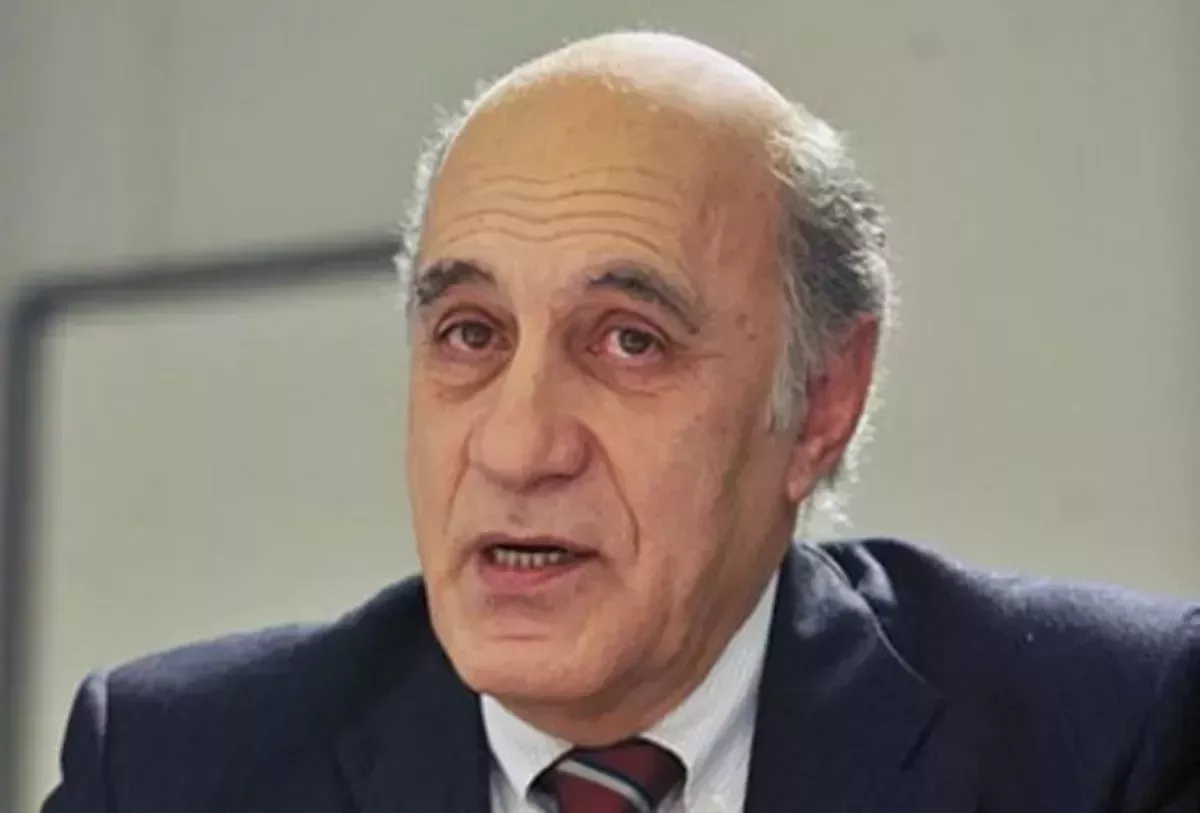TRIPP: Shaping the South Caucasus balance of power Experts break down the Trump Route and its implications
A Washington event recently brought together representatives from companies in Armenia, the United States, Azerbaijan, and other interested parties to discuss cooperation within the framework of the TRIPP project – the “Trump Route for International Peace and Prosperity.” Laura Linderman, Director of programs for the Central Asia-Caucasus Institute at the American Foreign Policy Council, reported that “interested companies, American companies are meeting with representatives of the business sectors of Azerbaijan and Armenia,” emphasising that various companies will work on the “Trump Route.”
Regarding how TRIPP will align and interact with other regional transport initiatives, such as China’s Belt and Road Initiative, she noted that “the more transit corridors there are connecting the Caucasus with Central Asia and Europe, and also connecting north to south, the better.”
In light of these statements by the Director of programs for the Central Asia-Caucasus Institute, several natural questions arise, such as: “How will such a transport consortium, consisting of representatives of various international companies, function in reality?”; “Might conflicts of interest emerge among them in the geopolitical sphere?”; “Could there be clashes, for example, between China, with its interest in TRIPP, and representatives of the United States?”
Caliber.Az addresses these questions with insights from Azerbaijani and American political analysts.

According to Azerbaijani diplomat and political analyst Fikret Sadikhov, the discussion of this route, the possibilities of its launch, and its operation involving such a large number of representatives from different countries and foreign companies is a positive factor, signalling the interest of international investors and centres of power in events occurring in the South Caucasus, particularly in the implementation of the Zangezur Corridor project.
“During such meetings, there will certainly be both positive statements and opinions from those who cite negative examples in order to delay or even prevent the launch of this corridor. I have no doubt that such forces exist in the world and that they may be present at the events held in Washington. But the point is that they are not a directive authority and do not have the right to make decisions or political resolutions. The main thing is that Azerbaijan, the United States, and, as practice shows, Armenia are interested in this. These are the three main actors who will decide on this issue.
Anything can be discussed: if companies from different countries want to benefit from this project, receive dividends, they can join it to some extent or invest in projects related to the implementation of this corridor. And even if political debates arise regarding opposition to this route, which in fact connects the main part of Azerbaijan with Nakhchivan, I believe no force will be able to stop the implementation of the project. I am sure that TRIPP will be discussed widely and extensively, but the decisions will be made by the actors I mentioned,” Sadikhov said.
Meanwhile, American political analyst Andrew Korybko believes that any project is easier to manage when the number of participants is minimal.

“As the saying goes, ‘too many cooks spoil the broth.’ In other words, achieving common goals can often be much more difficult when too many people, countries, companies, and so on are involved,” he said.
In his view, a few companies are likely to play a leading role in TRIPP. The exact format will depend on the interactions between the governments of the U.S., Armenia, their companies, and others.
“It is unlikely that the U.S. and Armenia would agree to have competing companies from countries that are geopolitical rivals jointly manage TRIPP. That would be a sure path to failure, and the Trump administration, which understands business, knows this. It is much more likely that one, two, or a few American companies, possibly in cooperation with Armenian and European firms, will take the lead in managing the route, while all others could use this infrastructure under agreed conditions, as with other transit routes. This is probably what is intended. Business should remain apolitical, so any politicisation of trade on TRIPP by a partner country or company could undermine trust in its use. Even though the U.S. is a rival of Russia and Iran, it would be unwise—neither under any agreement with Armenia nor unilaterally—to impose other conditions on the use of TRIPP or to restrict its use if companies or products are not under sanctions. Doing so could provoke regional tensions,” the analyst said.
He noted that China, for example, does not impose different conditions on other countries or companies using its Belt and Road Initiative (BRI) projects—whether it builds them, manages them, or maintains a stake in them—and does not prohibit others from using its services.
“Therefore, if the U.S. ultimately adopts the same approach with TRIPP, it would discredit their previous concerns about China politicising infrastructure. In the end, they would be responsible for it and would undermine their own reputation. After all, the U.S. allows Chinese companies to use its ports, so there is no precedent for forbidding them from using TRIPP,” Korybko said.
He believes that TRIPP will almost certainly offer equal conditions to all countries and companies, with none barred from participation. Some, such as Armenian, Azerbaijani, Turkish, or American companies, may even receive discounts due to their direct stake in the project.
“Therefore, everyone will be happy to use this route if they see it as most profitable for themselves. This is not a new concept, but a global standard for infrastructure projects, including in the United States itself,” Korybko concluded.








